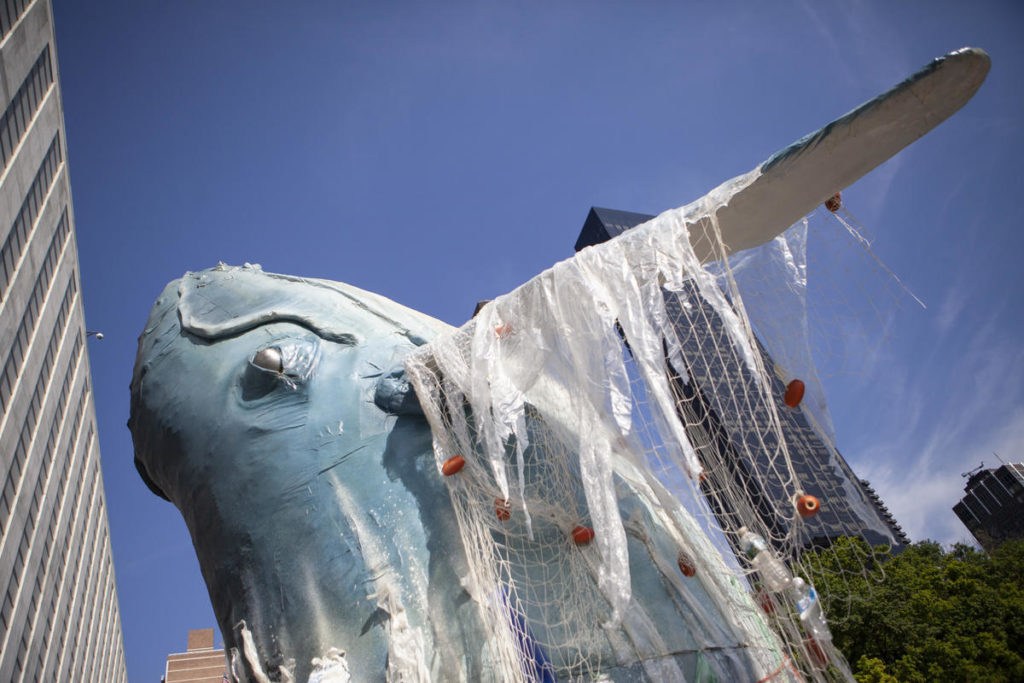Marine litter poses a “serious threat to a number of marina animal species,” as well as to fishermen and consumers, according to a report overwhelmingly adopted by the European Parliament in Brussels at the end of last week.
Micro and nano plastic in particular are causing harm to marine life substantially enough to impact the fishing sector, which is estimated to lose between up to 5% of its revenue due to marine pollution.
“Marine litter is a cross-cutting issue that needs to be addressed holistically. Each piece of litter that ends up in the sea is a product that has fallen out of the circular economy loop,” said French MEP Catherine Chabaud.
“To fight marine pollution, we must continue to promote virtuous business models and integrate new sectors like fisheries and aquaculture in these global efforts. There is no sustainable fishing without a healthy ocean.”
The report found that an average consumer of Mediterranean shellfish ingests around 11,000 fragments of plastic every year.
Related News
- Earth Hour: WWF calls for global blackout to focus attention on climate change
- Over 100 climate activists gathered in front of Prime Minister’s office
- New blue recycling bags for Brussels and Flanders let you recycle more
Boosting recycling in the fisheries sector and substantially cutting the use of plastics are key to cleaning the seas, say MEPs.
Fisheries and aquaculture waste accounts for 27% of marine litter.
Parliament is now urging the EU to accelerate the development of a circular economy in this sector by phasing out expanded polystyrene packages and improving marine waste collection and recycling channels.
They also call for research on sustainable materials and new designs for fishing gear. Only 1.5% of fishing gear is currently being recycled in the EU, with much of the rest being abandoned, lost, or discarded at sea.
The so-called “ghost nets” end up ensnaring marine life, or otherwise impacting the ocean environment.
Only 1% of the plastic in the ocean is found floating on the surface, whilst most of it ends up in the deep-sea.

